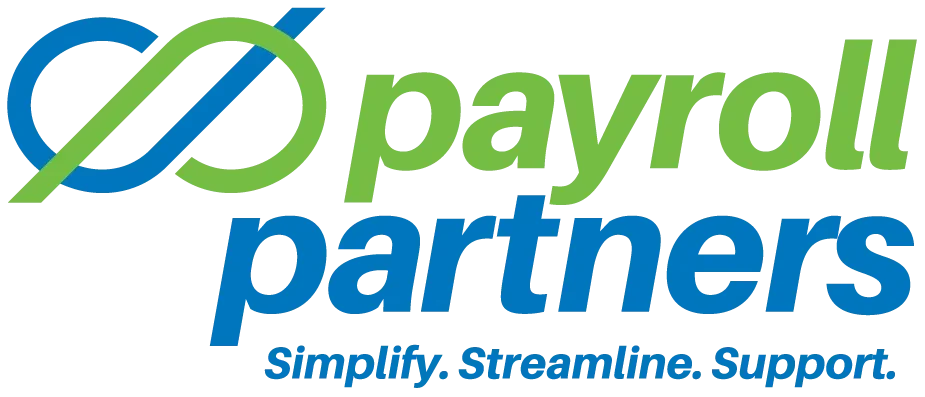The Internal Revenue Service is continuing to expand the features within Business Tax Account (BTA), an online self-service tool for business taxpayers that now allows them to view and make balance-due payments.
Launched last fall, BTA is a key part of the agency’s service improvement initiative funded under the Inflation Reduction Act (IRA). When fully developed, BTA will allow many types of business taxpayers to check their tax history, make payments, view notices, authorize powers of attorney and conduct other business with the IRS.
With the latest expansion, an eligible business taxpayer can now use BTA to pay Federal Tax Deposits (FTDs) and see and make a payment on their full balance due – all in one place. The account is also now accessible in Spanish with more translations planned.
BTA is a key part of the agency’s ongoing work to transform and modernize service at the IRS by offering a seamless and convenient digital experience. It’s also an important part of a wide-ranging initiative to reduce paper-based processes that hamper the IRS and frustrate taxpayers.
Who can use BTA now?
Business taxpayers who can activate and use their IRS business tax account include:
- A sole proprietor who has an Employer Identification Number (EIN) issued by the IRS.
- An individual partner or individual shareholder with both:
- A Social Security number or an individual tax ID number (ITIN).
- A Schedule K-1 on file (for partners, from 2012-2023; for shareholders, from 2006-2023).
Currently, a limited liability company that reports business income on a Schedule C can’t access Business Tax Account. Future access will be available for these businesses, as well as other entities including tax-exempt organizations, government agencies, partnerships, C corporations and S corporations.
What can business taxpayers do now?
Within BTA, business taxpayers can now:
- View and make a payment toward a balance due by using a bank account. This includes a payment on a return filed for the current year as well as late payments for past tax years and Federal Tax Deposits.
- Schedule a payment for any business day for up to a year and cancel a scheduled payment.
- View recently processed payments, including payments made through the Electronic Federal Tax Payment System (EFTPS) online, wire transfers, checks or money orders, and see if any payments were returned or refused.
- Store multiple bank accounts in their online “wallet” to manage tax payments.
- Request a tax compliance check.
- View the business name and address on file.
- Give account access to employees of the business.
- Register for clean energy credits (if eligible).
- View and download transcripts for various payroll, income and excise tax returns.
- Sole proprietors can now download business entity transcripts from their BTA account. The transcript shows entity information like business name, mailing address, location address and more for the Employer Identification Number on file.
- View and download select digital notices including:
What new features will be added to BTA in the future?
Future capabilities made available through funding from the IRA will enable access by all business and organizational entities and help the business tax account become a robust online self-service tool.
To set up a new business tax account, or for more information visit Business Tax Account.
Original content by irs.gov. This information is provided with the understanding that Payroll Partners is not rendering legal, human resources, or other professional advice or service. Professional advice on specific issues should be sought from a lawyer, HR consultant or other professional.

